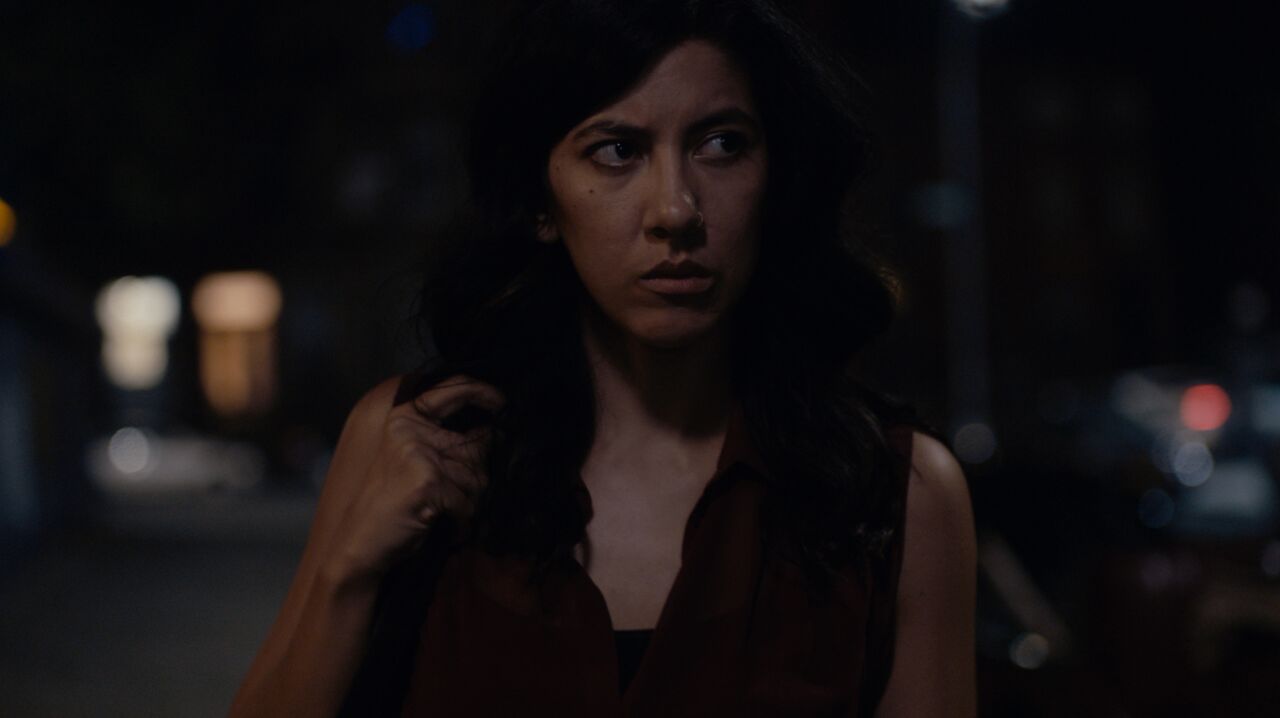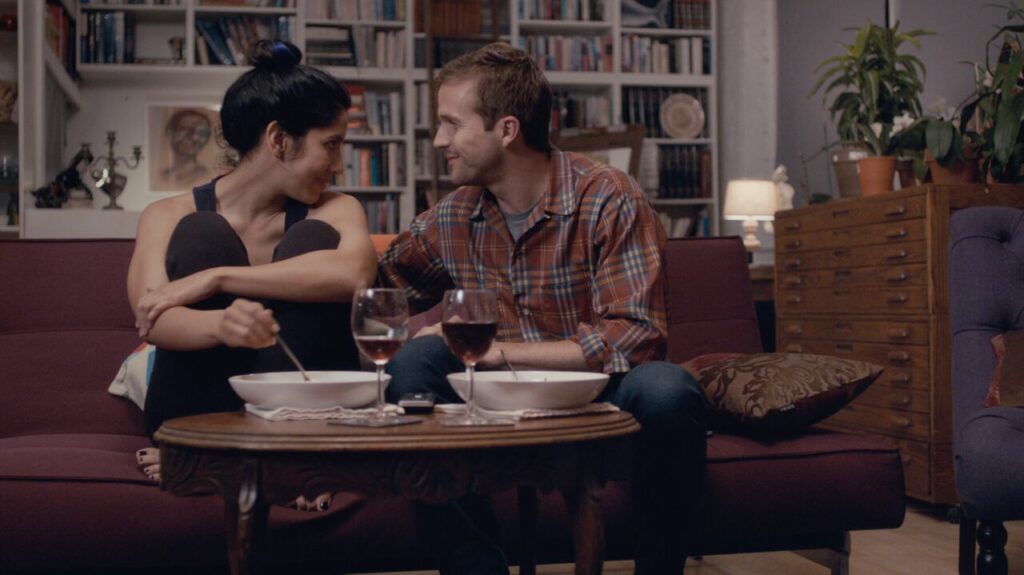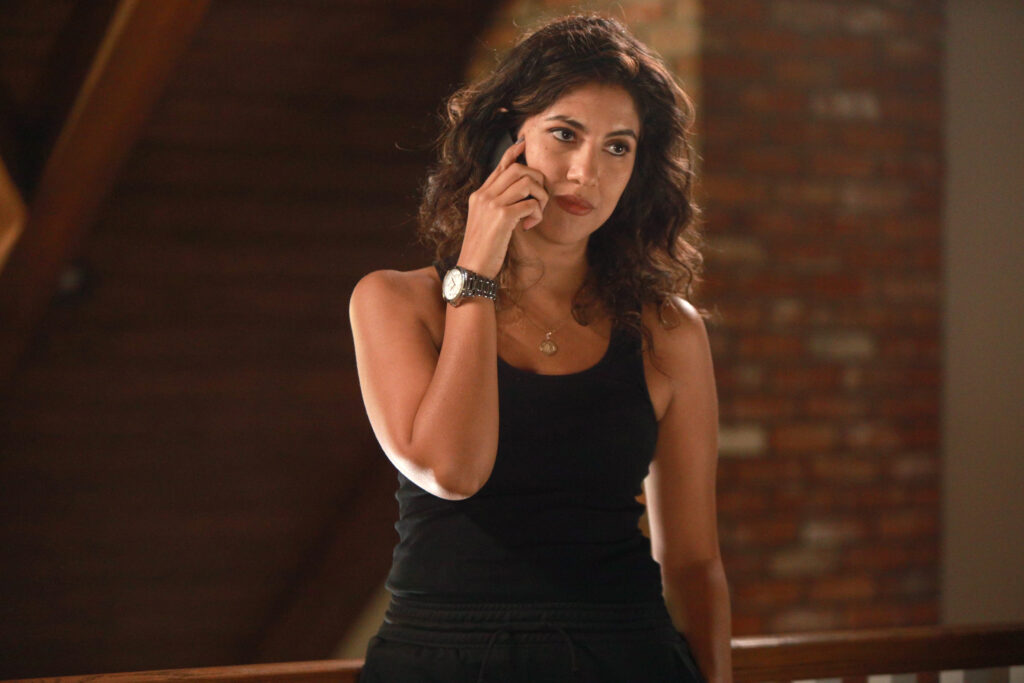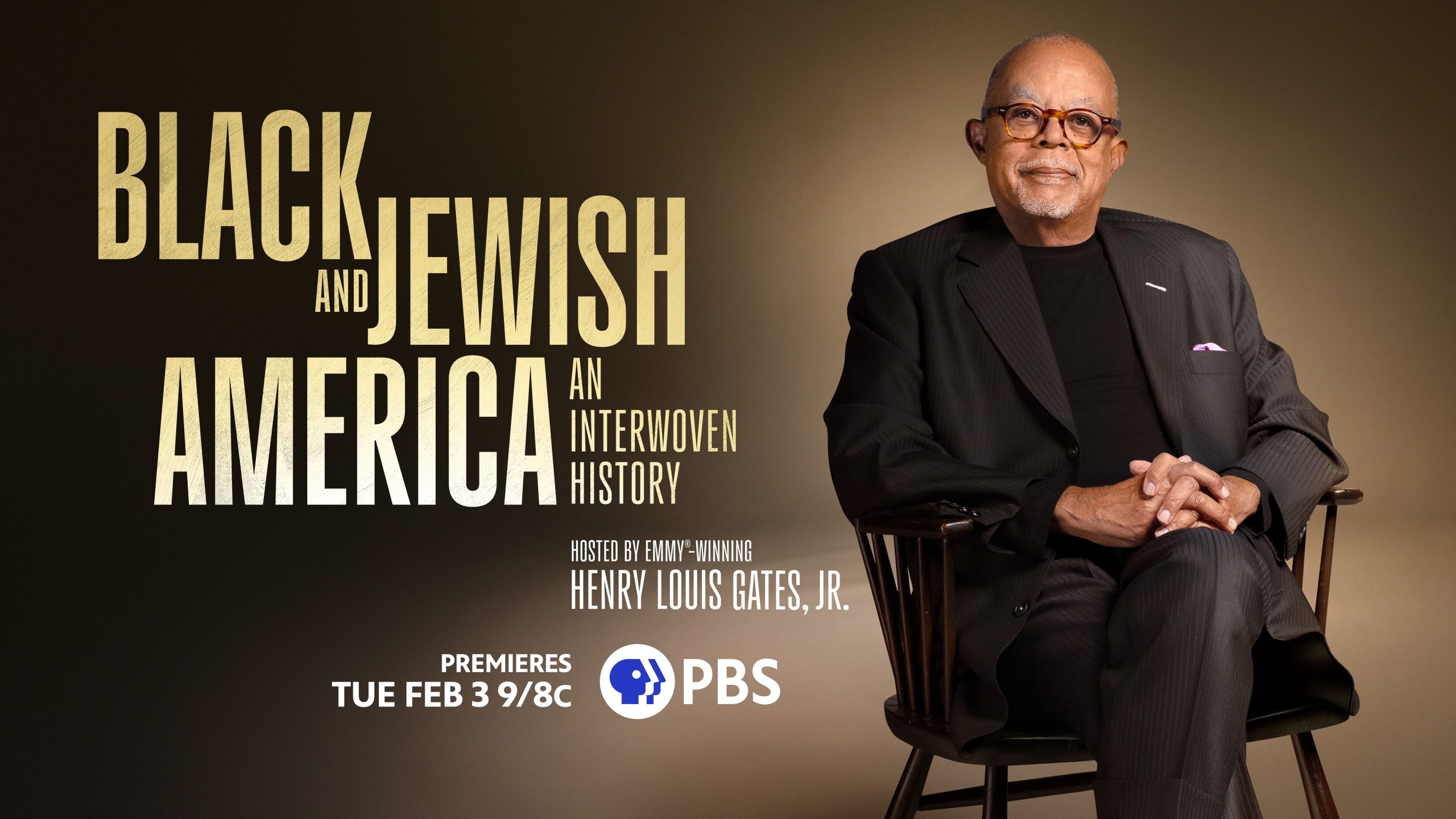
Actress Stephanie Beatriz took some time out of her schedule recently to talk to The Young Folks about indie film The Light of the Moon, sitcom Brooklyn Nine-Nine, and how terrifying it can be to come out.
The following interview was originally published at The Young Folks and with the site shutting down at the end of 2022, I am republishing on my site.
Thanks for joining The Young Folks today. How are things treating you?
Stephanie Beatriz: Good. I had a short day today at work so I’m counting my blessings, which is really great.
The last few weeks have been great for you with the release of The Light of the Moon and Detective Rosa Diaz coming out as bisexual on Brooklyn Nine-Nine. Let’s talk about the movie first. What drew you to the script?
Stephanie Beatriz: I was really looking to do something that was very different, a big departure from Brooklyn Nine-Nine and the sort-of comedy world that I’ve been living in for a while. Prior to Brooklyn, I did a lot of—mostly, my work was in American regional theater. I was doing a lot of great American classics—Arthur Miller, Tennessee Williams, stuff like that, and also Shakespeare. I sort of really gravitate towards that work with a little bit of—I don’t know. I really like exploring vulnerability and darkness in characters that I play so I missed it a little bit once I was working on Brooklyn Nine-Nine for a couple seasons so I was actively searching out a project that I could fit in between seasons—which is really only a few months between the wrath of one season of Brooklyn Nine-Nine and the beginning of the next. I needed something that I could shoot quickly or do quickly and Jessica M. Thompson, the writer of The Light of the Moon, reached out to my representation and sent the script. Once I read it, I really loved it. The timing just works out and everything came together, which is really wonderful on all of our parts.
Your performance is one of the best performances that I’ve seen this past year from a leading actress in a feature film.
Stephanie Beatriz: Thank you very much.
You’re welcome. How much of this is what you brought to the role and how much of it was Jessica M. Thompson’s direction of the film?
Stephanie Beatriz: I like to think it was a major collaboration. When a director trusts their actor to follow their instincts, I think really good work can happen like that. I also strongly believe that you do need someone—the captain of the ship should be someone that you as an actor believe in and feel that no matter what, even if it turns murky and choppy, and get a little terrified when you’re lost, the captain can sort of make you feel like they know where they’re going and they feel more and more like completely lost in the characters. Sort of like (inaudible) orbit. I really felt like the instruction of this story felt so complete and felt so real. She has a background in documentary filmmaking so she did so much research before she wrote the film and as she wrote the film. She just trusted myself and the other actors—she trusted myself and Michael Stahl-David immensely. The team that she put together was really incredible I thought. Myself and Michael had a lot of scenes together especially in Bonnie’s apartment. I think the cinematographer she chose, Autumn Eakin, was really into her as character. With her, through her, obviously, she instantly responded with who that was. Jess chose someone who felt like another partner. There’s a couple scenes in the movie where we were shooting in Bonnie’s bedroom and it was a really tiny space. Autumn was so into the actors that she would (inaudible) in the room with us as we moved. Most of the stuff that she did was really incredible like improvisational blocking and there were a lot of things happening all the time so I think that is a credit to Jess for choosing Autumn to collaborate with because she chose someone who—Jess chose Autumn because Autumn loved actors and you can see it in the way that the film is shot, I think. You can see that the person behind the camera—the director—really cared about catching part of the story and catching them in the actors’ performances in a way that’s less about the people, which is beautiful, and more about the way the story feels really real.

When the film was in production, did anyone have a clue that the release would be so timely with everything that’s going on in the industry?
Stephanie Beatriz: I don’t think anyone could have predicted it. Once the Harvey Weinstein story broke, I think it opened up the floodgates. I do think that’s part of the reason I wanted to do the film, and I only speak for myself, was that I—as a woman—have sort of always felt that these stories are just under the surface all the time. Any conversation you have with female friends have heard parts of these stories long before the dam broke but the stories were not always being held up to the light and looked at. They were full of shame and buried. It was sort of about almost strength to take something horrible that happened to you and put it away and lock the door and keep moving forward with your life. That’s sort of what Bonnie tried to do in the movie and she simply can’t. Sexual assault and sexual violence leave an indelible mark on a person when it happens to you—not only the person that it happens to but every other person in that person’s life. The wave of that tragic event to reach out in many human ways in that person’s life. I think I have that in my own personal life. I have really close friends who were victims of sexual assault and I’ve seen how much that remained—for some of them, it happened as children—how much it impacts them in every moving part of their life today. For me, I thought nobody is telling their stories. This was the first script that I have ever seen which keeps focus on that part of the story—how does someone go from something horrible happening to them and moving toward recovery.
You publicly came out as bisexual last year on Twitter and in a case of art imitating life, Detective Diaz came out as bi this season on Brooklyn Nine-Nine. Was this something that you wanted your character to do or did series creators approach you about it?
Stephanie Beatriz: I think a little bit of both. I had always suspected that Rosa wasn’t heterosexual. There was a clue in the first or second season where she talks about Tonya Harding while discussing people she finds sexy. Jake says something about Tonya Harding and Rosa makes a comment about how she Tonya’s build specifically, like yes, as a complement. As soon as I saw it in the script, I thought, oh yeah, that makes sense. It makes sense in that she falls in love with who she falls in love with, that’s who she is, and she identifies as probably bi. I could not make that decision because like what I am playing and what I’m doing in every episode is bring to life what the writers are giving me in the script. I’m building the character as I go along. I think after—I had come out to friends and really close people to me long before I ever came out on Twitter. In my mind, when that happened, I didn’t even think of it as “I’m publicly coming out.” It wasn’t sort of a calculated move or a sort-of even like—mainly my thought was, I really like what Aubrey Plaza was saying in an interview and I basically agreed. The response to it—I found really surprising and delightful. I think that the public-ness of it allowed people at work to acknowledge that oh, I see you as part of the LGBTQ community. I think for Dan and the writers, it sort of takes them on a real turn (inaudible), like Gosh, maybe this character also identifies in this way and if we wanted to explore that storyline, we have the resource of the actor right here who is actually playing that character that we can sort of mime for how we might go about doing this in a way that feels authentic and real to her and her only—not necessarily her own experiences but her own views on how it happened in her own life maybe or the lives of her own friends who identify as bi or queer. Dan Goor sort of came to me and suggested that this might be something that they would like to explore and would I be willing to go down that road. I excitedly replied that yes, I’ve been thinking of the same thing and hoping that this would happen. It’s like very wonderful and sentimental.
From personal experience, coming out can be terrifying.
Stephanie Beatriz: Oh my G-d, it is horrifying. One of the things that I think that our writers, Justin Noble, said and I thought it was so smart—not everyone that has to come out is going to be good at it. It’s an historic thing that’s thrust upon you because of the hetero-normative society, that if you identify as anything other than heterosexual, you have to explain yourself to the people in your life. Some people are grateful for that kind of thing and others are not. Part of it was an exploration was what about Rosa because she’s so socially inept in a lot ways. She’s so socially inept that she had one of her close friends do it and basically hold hands with her the whole way. I kind of love that. In my own personal experience, it was terrifying, it was uncomfortable, and it was awkward. It was all the not positive things. At the same time, with some people in my life, it was very easy, simple and sort of grateful on their part anyway their acceptance of me and who I am.
Have you had to deal with a fall-out from friends or family that no longer talk to you anymore?
Stephanie Beatriz: I have—without getting too personal—definitely dealt with judgment from some people that I didn’t expect, which can be really difficult. Sometimes in your life, you sort of have people that you love—friends, for example—that you really care about and love and then you tell them something like this and they just are unable to see you in the same way, which I think is really frustrating and can be really devastating. But overall, I have been very, very lucky. Some of my family has not really—they can’t really wrap their brains around it. I think some of my friends (inaudible) and I think some of my family might have some trouble with it. I don’t know if that has been explored. We’ll see. I think one of the frustrating things I think for many of us who identify as bi or queer is the idea that once you’ve chosen a partner—whatever sex that is, that is now you’re heterosexual or now you’re gay because of the partner and who you identify. That’s really frustrating because that it isn’t true for me. That might be true for someone else and they might discover that along the way and on their journey. On my journey and who I am in life, that’s usually—some people haven’t had a lot of experience with queer people in any shape or form and they cannot quite wrap their head around it so I think one of the hard things about being—part of the reason, I feel as a minority, is that it’s sometimes like this and sometimes sort of well-inflicted but that’s not a great way to say that. You sort of feel like, now I’m a representative or now I have to explain this to people that don’t understand. That can be tiring and frustrating. It can feel like you just want to throw your hands up and ugh, I give up in frustration or you just want to shake someone and say, What don’t you get about this. Every time that this happened to me, I see it as a threat and I sort of tell myself that well, yes, it’s frustrating for you and it’s hard and it’s not want you want to be doing with your time, Stephanie, but maybe in this moment of frustration, it’s hard and uncomfortable and sometimes pain and shame, maybe in this moment you can give some more understanding to this person in front of you who might doing more than you think to try to understand you as a human. That was a very long-winded answer to your question.
I know everyone has their own different experiences. I would have benefited from more trans awareness in the late 1990s.
Stephanie Beatriz: Yeah. It was a desert. It’s so, so—I have friends who are trans who have expressed their own frustration about this—how almost in a way of feeling this isn’t helpful for me because you don’t understand it was so much more difficult for me—that kind of thing, meaning someone who is trans today and was sharing that in the 1990s verses a kid now who has much more understanding of the idea, has people they can identify with, and the difference is huge even in ten years. I’m excited to see where we can go in the next ten years.

Brooklyn Nine-Nine is one of my favorite shows. What is it like getting to work with this cast and how has the on-set chemistry improved since the series began?
Stephanie Beatriz: It’s an awesome job working with them. It’s really wonderful. I really enjoy being around all of my cast mates and they’re family. In general, these people are some of the kindest, most-loving, funniest, smart people I’ve ever had the pleasure to work with. Sometimes, I look around on set and I cannot believe my lucky stars. I’m so utterly grateful to be a part of that team—that ensemble.
I think the chemistry—I would say, for me for instance, I was so terrified and so nervous. I was so new to television. I really had only done theater and a few guest spots. There I was a regular on a huge—I was horrified that I was going to throw up. Also, I was working with one of my favorite comedians in the world ever. Andy Samberg is so talented and so funny. I’ve been a fan of his for a long time. The difference for me between now and then was I don’t show up to work every day for like hanging out (inaudible) sweating from nervousness. Now I count people as friends where at the beginning I didn’t even understand how I get to be on the same set as them which is really a testament to how lovely and grateful that they are. I really didn’t know what I was doing the first season and I never was made to feel that I was the newbie. I was never made to feel that way. I was only made to feel like I was a complete and total member of the ensemble, which I’ve heard that this has only happened on set. I’m really lucky to learn how to do this alongside these people.
Thanks again for joining us and happy holidays!
Stephanie Beatriz: Thanks, Danielle!






